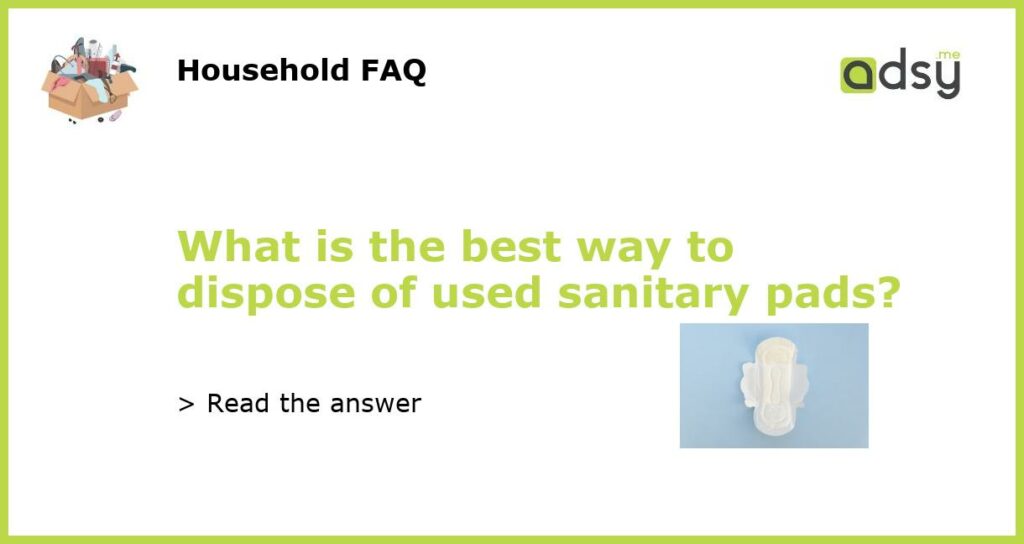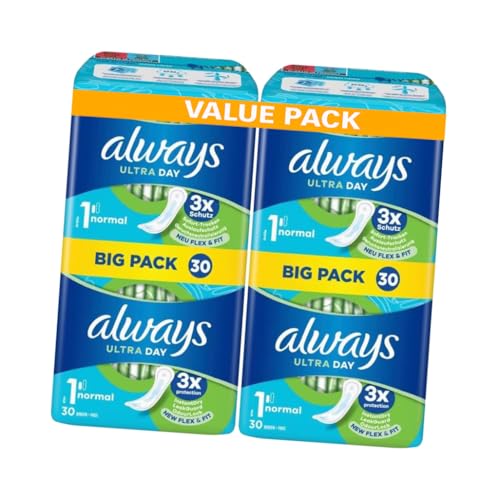Proper Disposal of Used Sanitary Pads
Disposing of used sanitary pads properly is not only crucial for maintaining cleanliness and hygiene but also for protecting the environment. With millions of women using sanitary pads worldwide, it is essential to adopt methods that are both safe and environmentally friendly. In this article, we will discuss the best way to dispose of used sanitary pads.
Wrap It Before You Dispose It
Before disposing of a used sanitary pad, it is important to wrap it properly. Wrapping the pad in tissue paper, the wrapper it came in, or a small plastic bag is essential to maintain cleanliness and prevent any possible leakage or odor. This is particularly important if the pad is being thrown in a regular trash bin, as it will help to keep the surroundings clean and prevent any potential germs from spreading.
Use Sanitary Pad Disposal Bags
To ensure proper and safe disposal, it is recommended to use specially designed sanitary pad disposal bags. These bags are made of biodegradable materials and are designed to keep the used pads securely contained, preventing any leaks or odors. Sanitary pad disposal bags are easily available in the market and can be conveniently kept in your bathroom or purse for easy access and disposal.
Never Flush Disposable Pads
One of the most important things to note is that disposable sanitary pads should never be flushed down the toilet. Unlike toilet paper, sanitary pads are not designed to disintegrate when they come into contact with water. Flushing them can lead to blockages in the plumbing system, causing significant damage and inconvenience. It is essential to remember that even if a pad claims to be flushable, it is best to avoid flushing it altogether. Instead, opt for proper disposal methods to minimize the impact on the environment.
Consider Eco-Friendly Alternatives
If you are concerned about the environmental impact of disposable sanitary pads, consider switching to reusable and eco-friendly alternatives. Menstrual cups and cloth pads are gaining popularity as sustainable options for managing menstrual hygiene. Menstrual cups are inserted in the vagina to collect the menstrual blood and can be emptied, rinsed, and reused, while cloth pads can be washed and reused for multiple cycles. These alternatives significantly reduce waste and contribute to a more sustainable lifestyle.






